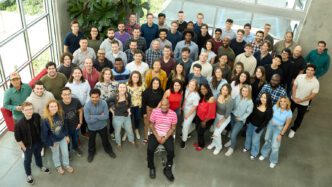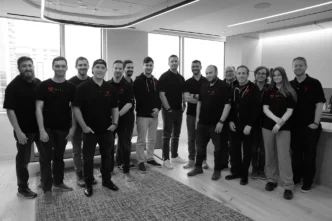In one of the most ambitious moves yet in the generative AI gold rush, Thinking Machines Lab (Mistral AI). A new startup founded by former OpenAI CTO Mira Murati—is reportedly raising a jaw-dropping $2 billion seed round. If successful, it would mark one of the largest early-stage raises in tech history.
According to Business Insider, the startup has doubled its original fundraising target and is now eyeing a valuation of at least $10 billion. Despite having no product or revenue to date.
So what’s driving investor interest?
While Thinking Machines Lab only recently came out of stealth, it’s already attracting top-tier talent. The company’s team reportedly includes dozens of prominent AI researchers and scientists. Among them: Bob McGrew, OpenAI’s former chief research officer, and Alec Radford. One of the minds behind several of OpenAI’s most influential breakthroughs. Both are now serving as advisers to the new venture.
That kind of intellectual firepower is rare—and it’s likely what’s helping the fledgling startup secure such massive interest from VCs and institutional backers.
Thinking Machines Lab has shared limited details about its roadmap. However, it has stated its mission is to develop more customizable, transparent, and generally capable AI systems—a subtle critique of the current generation of closed models dominating the market.
Murati’s reputation as a leading AI architect adds credibility to the vision. During her time at OpenAI, she helped steer the development of ChatGPT, DALL·E, and other high-impact tools. Now, she’s leveraging that experience to build something new—from the ground up.
The company’s goal appears to go beyond just matching current AI capabilities. It wants to offer systems that can be better understood and adapted to a wide range of use cases—possibly nodding to the growing demand for open-source alternatives, enterprise-safe AI models, or vertical-specific LLMs.
Despite having no product in market yet, the sheer scale of Thinking Machines Lab’s proposed raise signals just how intense the race for AI dominance has become. In today’s climate, having the right people—before having the right product—might just be enough to write a billion-dollar check.













